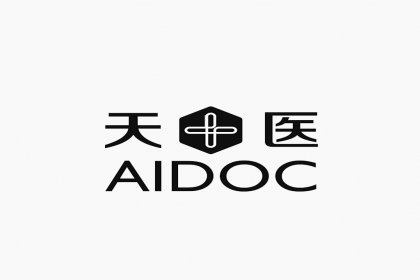The two companies with solid technological background unite their efforts to provide users with a simple way to solve sleeping problems.
The importance of sleep can hardly be overestimated, but March gives us one more reason to speak about this basic need as the 21st of March is the World Sleep Day. The lack of sleep or its low quality may cause a lot of problems. What starts as exhaustion and bad mood may end up becoming depression or causing various diseases. Unfortunately, World Health Organization has reported frustrating statistics: 27% of people in the world suffer from sleep problems. The solution may come from the artificial intelligence.
AIDOC, or AI Doctor, is a big player in the market of medical care. This project became the first AI-driven health chain and holds leading positions in the sphere of the distributed AI medical care. The project has issued its own token AIDOC. This award-winning project combines several medical apps to provide users with an opportunity to get high quality medical care using all the benefits of blockchain and AI technologies.
MySleepart is a company with a strong technological background that has created a system to solve the sleeping problems. The project is developing a range of intelligent sleep products, for example, smart blankets that are connected to the system which utilizes big data and AI. The team of MySleepart has solid experience in intelligent control and human-computer interaction.
AIDOC and MySleepart have recently announced the partnership. These companies are working in very close fields so this collaboration has all the chances to become beneficial for both of them. AIDOC plans to use the data collected by the intelligent systems of MySleepart to provide users with a range of sleep services: health reports and warnings, advice and so on.
Sleep is an essential part of our life. One bad night is not a big deal: probably, it would provoke bad mood or exhaustion. Nevertheless, regular sleeping problems may seriously damage physical and mental health of a person. On the contrary, good sleep is not only a way of relaxation. It stimulates the development of children, provides people with energy, sharp mind and better emotions control.
MySleepart developed a system of smart products that can be used to get the most of sleeping. The data from these products will be uploaded and processed in the AIDOC Chain. MySleepart can provide users with a variety of technologies. The sleep pad controls the breath and the heart rate of the person. The snoring monitor uses a neural network algorithm to get relevant medical data. The information generated by these smart products will be not only processed by AIDOC – it will also be permanently stored in the system.
The partnership of AIDOC and MySleepart will definitely help people all over the world get better sleep. The combined efforts of these two companies with a notable background in AI, big data and smart products have great potential to improve the World Health Organization’s statistics on sleep problems.
next